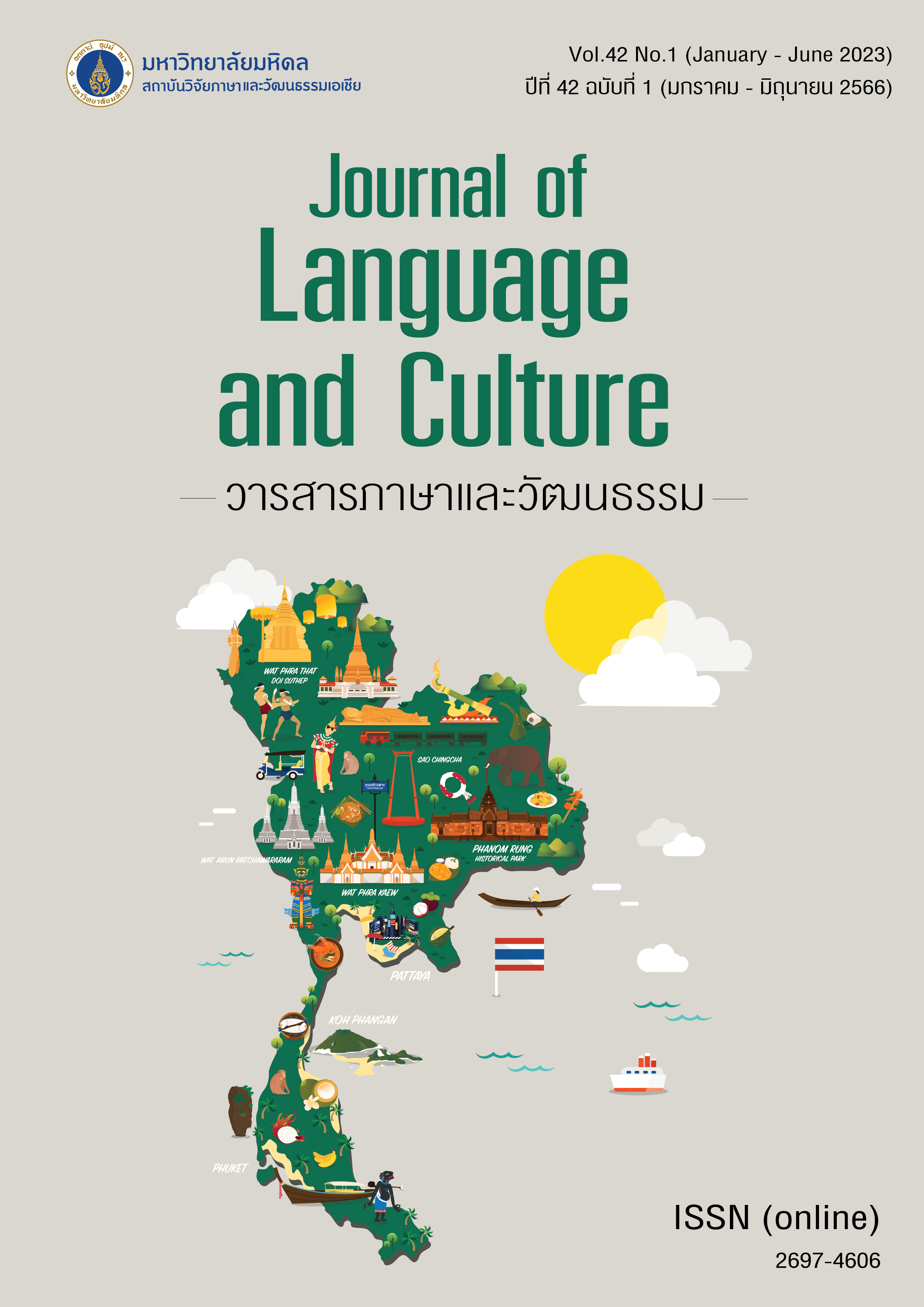Forest is life: Maniq’s struggles with ethnic tourism and forms of resistance
Main Article Content
Abstract
The Maniq is an ethnic group found in the Banthat Mountains in southern Thailand. They earn their livings by hunting and gathering. Like other ethnic groups in the country, the Maniq has been affected by tourism development. This article is a qualitative study that highlights the reasons and factors that led the Maniq into tourism. This includes being employed as a way to earn a living by being the subject of tourist attraction. The ways in which the Maniq negotiates against the powers surrounding them will also be discussed. This article argues that under the current situation, the Maniq is unable to use their existing self-defense mechanisms — by fleeing deep into the forest or relocating when in danger or uncomfortable, as they did in the past. The Maniq has to overcome new obstacles related to tourism they have never experienced before. With the realization that they are powerless and cannot escape tourism, they have developed performative mechanisms to resist the powers that surround them. This is not to overcome the new culture they are facing, but rather to feel free from exploitation and to coexist with the forest.
Article Details

This work is licensed under a Creative Commons Attribution 4.0 International License.
The articles featured in the Journal of Language and Culture (JLC) constitute academic works representing the viewpoints of the respective author(s). It is crucial to note that these opinions do not necessarily reflect those of the Editorial Board.
All articles published in JLC are released under the Creative Commons Attribution 4.0 International License (CC BY 4.0). This license grants permission for unrestricted use, distribution, and reproduction in any medium, provided proper credit is given to the original author(s) and the source.


